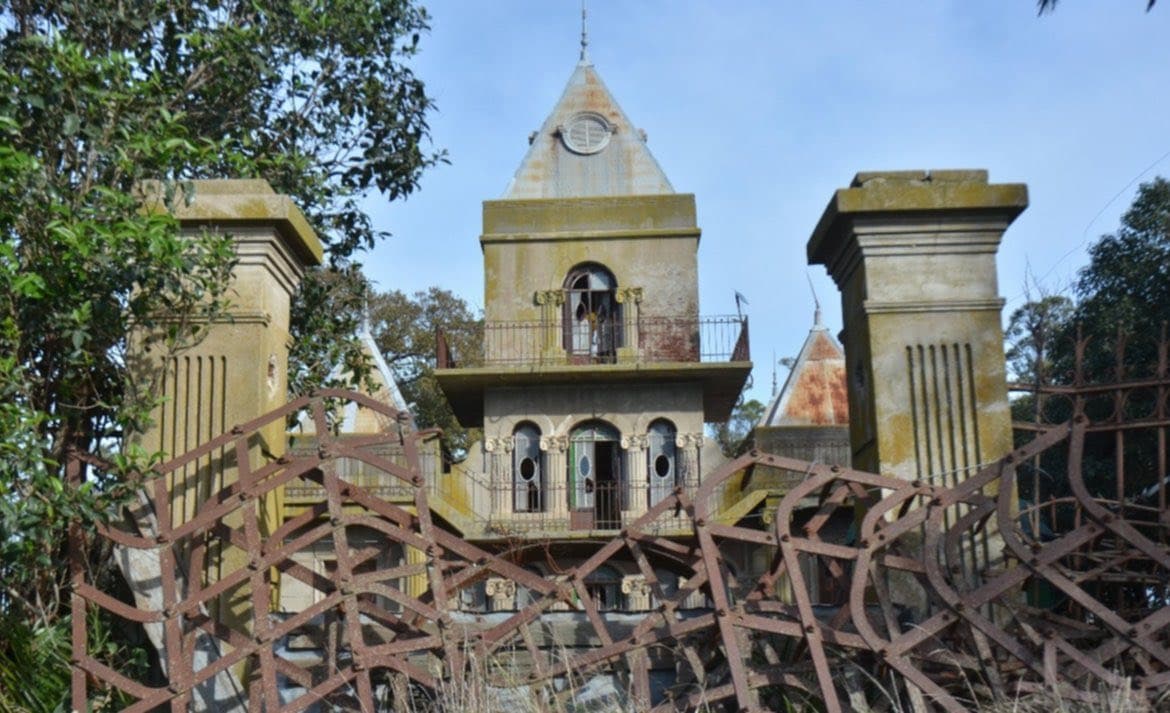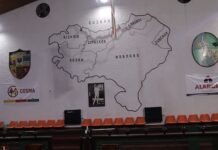This article was translated by John R. Bopp
The daily La Nueva out of Bahía Blanca, Argentina, has just published a fascinating story by Hernán Guercio telling the story of Juan Ayerbe, a Basque emigrant who arrived there at the beginning of the 20th century. He, like most Basques, arrived “with one hand ahead and one hand behind.” Like most Basques, he worked hard, and like some Basques, his hard work paid off, and he managed to secure himself a good social and economic standing.
Once he made it, and this is where we start entering “local legend” territory, he decided to return to his hometown in Gipuzkoa to find his beloved. What happened when he arrived, even if his beloved hadn’t died while waiting, it worthy of a song.
The story reminds us of the “zortziko” that we heard so much growing up. At the time, it was spelled “Maitechu mía”, and it told us about the bad things that come with emigrating. It was yet another tale of troubles and tribulations that, for centuries, Basques who were forced to emigrate had to face.
We’ll leave you with an extra, a song sung by Mocedades and Plácido Domingo, the son of Pepita Embil, who was part of the Coro Eresoinka chorus created by the Basque Government to transmit a true image of the Basques in the world during the fight against Francoism.
La Nueva – 12/8/2018 – Argentina
Zubiaurre, el castillo y el vasco con el corazón roto
El nombre de ella ya no importa; nadie lo sabe y quienes sí lo conocieron, ya no están. A esta altura, 100 años después, su identidad pasó a un segundo o tercer plano. El imaginario, la leyenda, la historia que se contó y se cuenta la ubican en España, en el País Vasco, a principios del siglo pasado. Cada cual la dibuja en su mente como quiere: alta, morena, ojos dulces necesariamente verdes para quien escribe y una figura estilizada escondida tras un corsé y kilos y kilos de tela, para hacer más hollywoodense el relato.
(Sigue) (Traducción automática)
Last Updated on Dec 20, 2020 by About Basque Country





